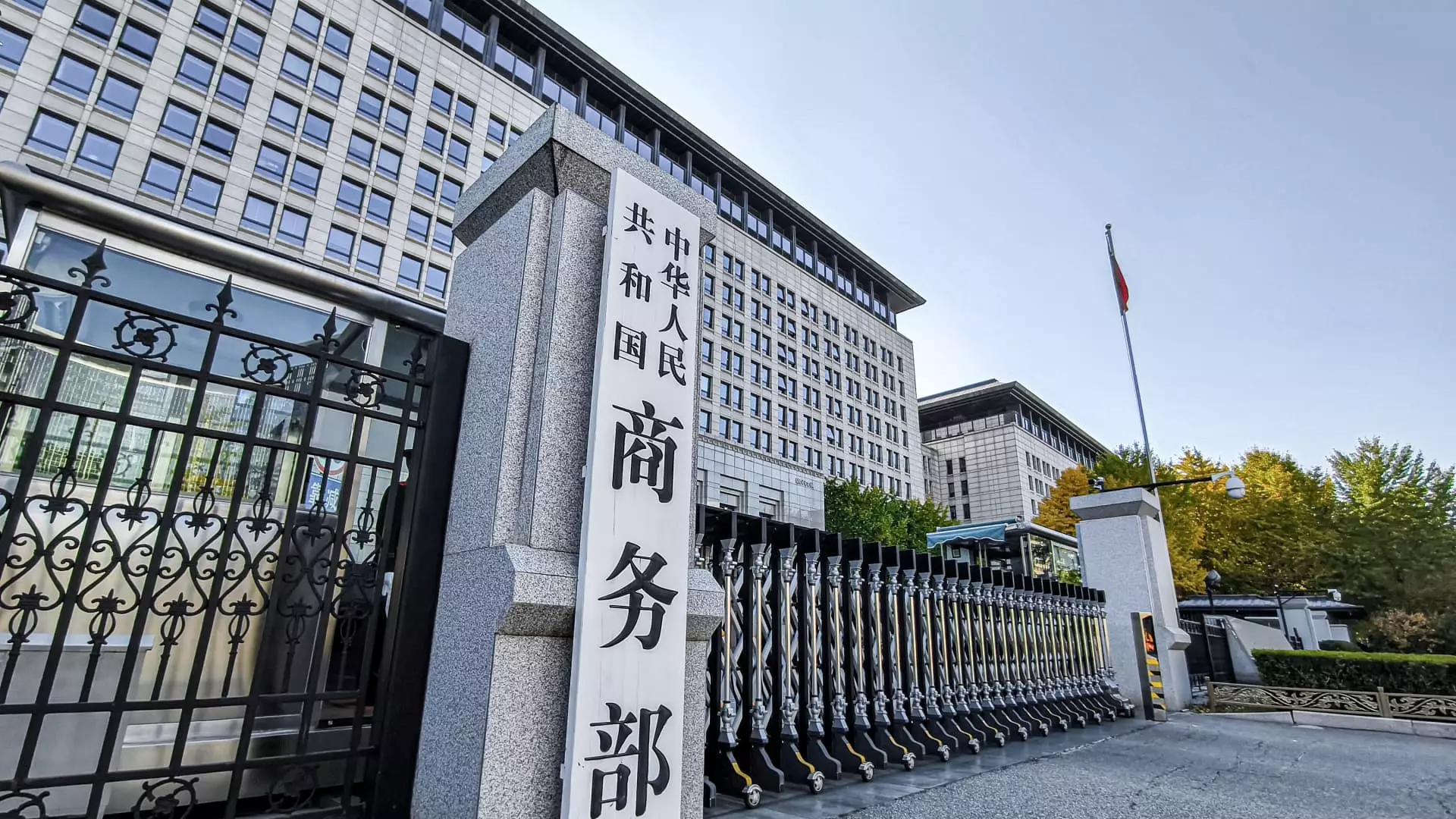In a world increasingly interconnected through commerce, the policies adopted by leading economies send tremors across global markets. The situation escalated dramatically when the United States, under the leadership of former President Donald Trump, executed a significant shift in trade policy by introducing steep tariffs on a range of countries, with China bearing the brunt of these punitive measures. With tariffs peaking at 34%, the U.S. not only doubled down on its tariff strategy but effectively declared an economic battle, pitting nations against one another. This act of economic ‘might’ showcases a lack of foresight, as the ramifications of such aggressive stance could risk igniting a full-blown trade war that no side can afford to lose.
China’s Response: A Call for Fairness
China’s response was swift and filled with indignation. The Chinese Ministry of Commerce characterized the U.S. tariffs as “typical unilateral bullying practices,” emphasizing that these unilateral decisions violate international trade norms and infringe upon the rights of its trading partners. This incendiary reaction reveals an underlying truth: countries that feel threatened by aggressive economic policies rally together against perceived injustices. As nations like Canada and Australia weighed in, declaring their oppositions, the clear sentiment emerged—this wasn’t merely a bilateral spat but a multifaceted disagreement drawing global attention and dissent.
The Ripple Effect on Global Economies
The consequences of such unilateral tariffs are bound to ripple across continents, affecting not just the targeted nations but also allies and neutral parties. For example, South Korea’s immediate push for emergency support measures demonstrates a proactive stance in shielding vulnerable sectors, particularly within the automotive industry—a critical hub of their economy. By exploring diplomatic channels while simultaneously preparing counter-measures, Seoul portrays a pragmatic approach that contrasts sharply with the aggression of U.S. tariffs.
Furthermore, Canada’s Prime Minister Mark Carney vowing to counter the tariffs “with purpose and with force” signals a robust commitment to defend economic interests that could be jeopardized. Such solidarity among nations showcases an emerging landscape where countries unite against economic coercion, prioritizing stability over chaos.
The Bigger Picture: The Path Forward
The ramifications of Trump’s tariffs extend beyond immediate economic battles. They provoke a deeper discussion on the principles of international trade and the responsibilities that come with being a leading power. In a globalized economy, fostering alliances and collaborative relationships often bears greater fruits than isolationist tactics. As the world observes these developments, it becomes increasingly clear that fair trade is not merely a negotiation tactic but an ethical imperative. If the U.S. continues down this path of economic duress, it risks alienating itself from allies and paving the way for a future filled with friction and uncertainty—a future that no nation, not even the U.S., can afford. The question remains: do we seek cooperation or continue down this perilous path of economic bullying? It’s a critical decision that reflects not just economic foresight but the values we choose to uphold on the international stage.


Leave a Reply